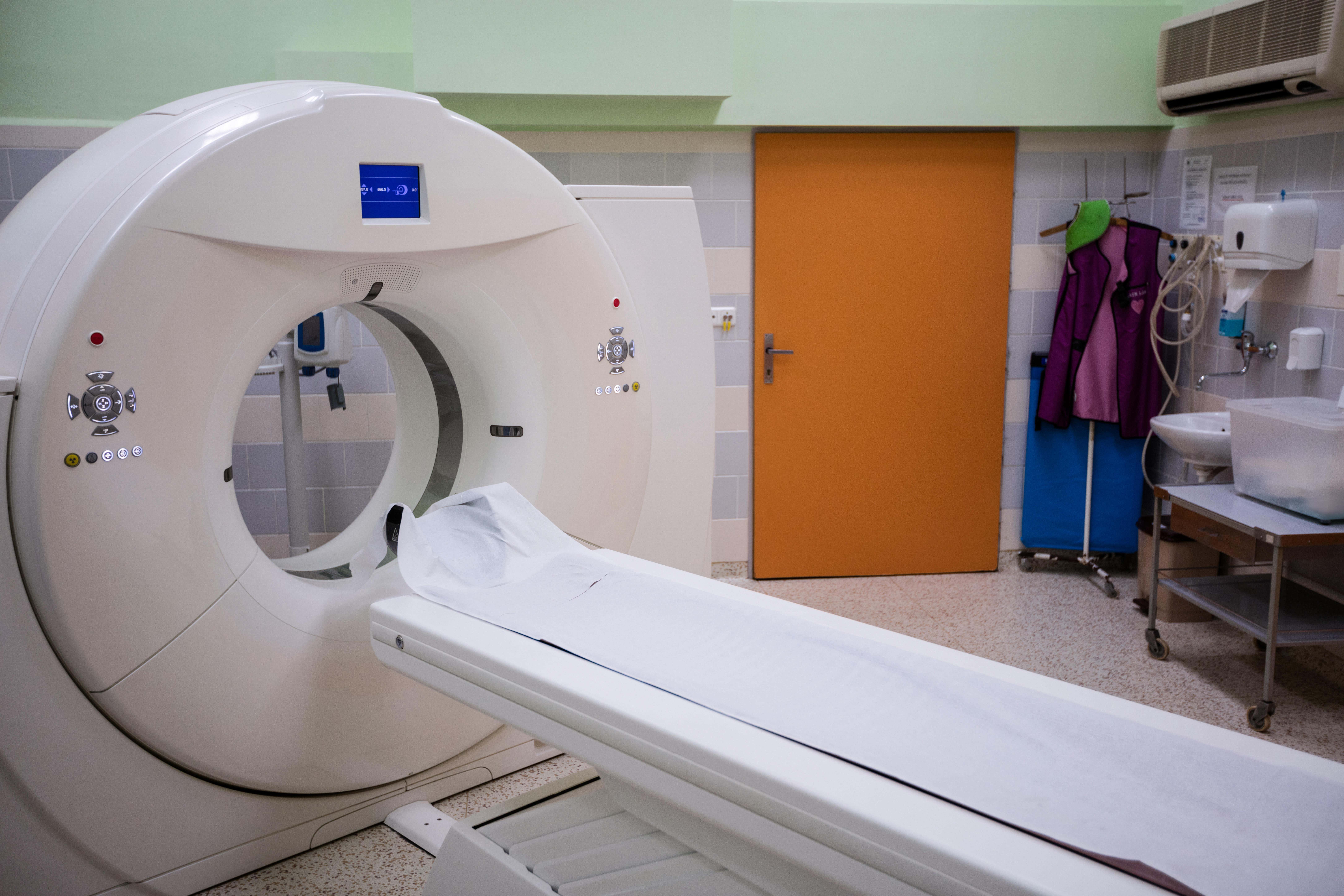Government turns to private clinics to help tackle NHS waiting lists
The Government said the 13 new facilities – eight of which are private – will ‘ease pressure’ on the health service.

Your support helps us to tell the story
From reproductive rights to climate change to Big Tech, The Independent is on the ground when the story is developing. Whether it's investigating the financials of Elon Musk's pro-Trump PAC or producing our latest documentary, 'The A Word', which shines a light on the American women fighting for reproductive rights, we know how important it is to parse out the facts from the messaging.
At such a critical moment in US history, we need reporters on the ground. Your donation allows us to keep sending journalists to speak to both sides of the story.
The Independent is trusted by Americans across the entire political spectrum. And unlike many other quality news outlets, we choose not to lock Americans out of our reporting and analysis with paywalls. We believe quality journalism should be available to everyone, paid for by those who can afford it.
Your support makes all the difference.The Government has turned to private sector capacity in a bid to cut NHS waiting lists.
Thirteen new community diagnostic centres (CDCs) will be opened across England to carry out an additional 742,000 scans, checks and tests per year.
Eight of the new facilities will be operated by the private sector – although services will be free to patients – and five will be run by the NHS.
Health Secretary Steve Barclay said: “We must use every available resource to deliver life-saving checks to ease pressure on the NHS.
“By making use of the available capacity in the independent sector, and enabling patients to access this diagnostic capacity free at the point of need, we can offer patients a wider choice of venues to receive treatment and in doing so diagnose major illnesses quicker and start treatments sooner.”
Figures released last month revealed NHS waiting lists stood at 7.47 million at the end of May, the highest number since records began in 2007.
Private centres will operate similarly to their NHS counterparts, the Government said, but staff will be employed by private operators, which also own the buildings.
Sites in the South West – located in Redruth, Bristol, Torbay, Yeovil and Weston Super Mare – will be operated by diagnostics company InHealth.
Other private facilities will also be located in Southend, Northampton and south Birmingham and join four already operating in Brighton, north Solihull, Oxford and Salford.
The new NHS-run sites are in Hornchurch, Skegness, Lincoln, Nottingham and Stoke-on-Trent.
The Government pledged to open 160 CDCs by 2030. There are currently 114 operating, which have carried out 4.6 million tests, checks and scans since July 2021.
These actions will bolster capacity across the country and give patients more choice over where and when they are treated
A number of other measures to use capacity in the private sector have been outlined by the Elective Recovery Taskforce, which was set up in December.
These include using data from private health providers to identify where they could take on more NHS patients to help clear backlogs. They will also look at using the private sector to train junior NHS staff.
Health minister and Elective Recovery Taskforce chair Will Quince added: “We have already made significant progress in bringing down waiting lists, with 18 month waits virtually eliminated.
“I chaired the Elective Recovery Taskforce to turbocharge these efforts and help patients get the treatment they need.
“These actions will bolster capacity across the country and give patients more choice over where and when they are treated.”
However, Labour said the Government is currently not making enough use of private capacity.
The party claims 331,000 patients waiting for NHS care could have been treated since January 2022.
Shadow health secretary Wes Streeting, said: “The Conservatives are failing to make use of private sector capacity and patients are paying the price.
“No-one should be waiting in pain while hospital beds that could be used lie empty. The next Labour government will use spare capacity in the private sector to get patients seen faster.”
Prime Minister Rishi Sunak vowed to bring waiting lists down earlier this year, but last month he said industrial action across the NHS is making the task “more challenging”.
Junior doctors are currently preparing for another four-day strike on August 11 in their ongoing row with the Government over pay, with consultants set to walk out for 48 hours on August 24.